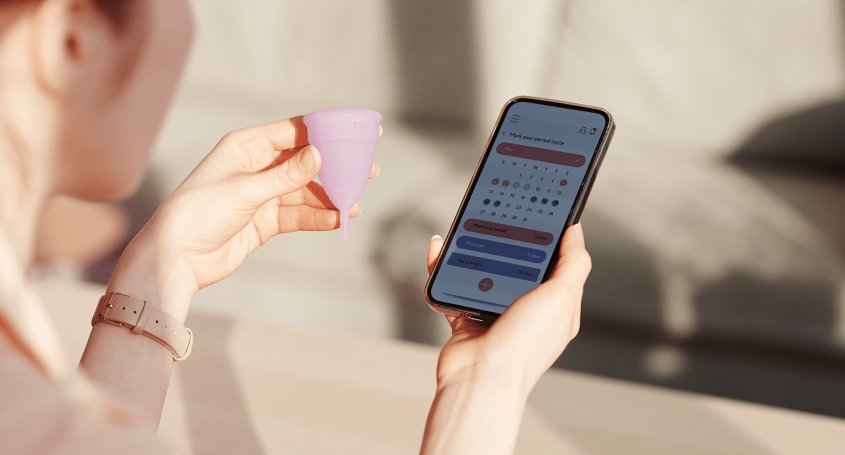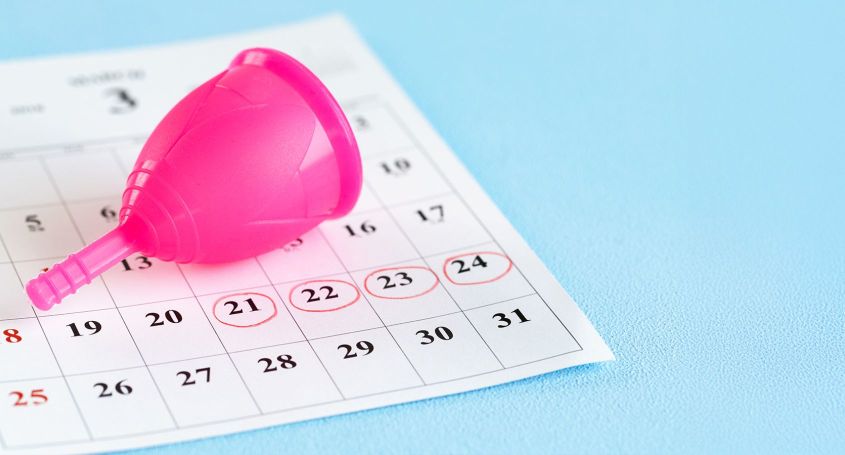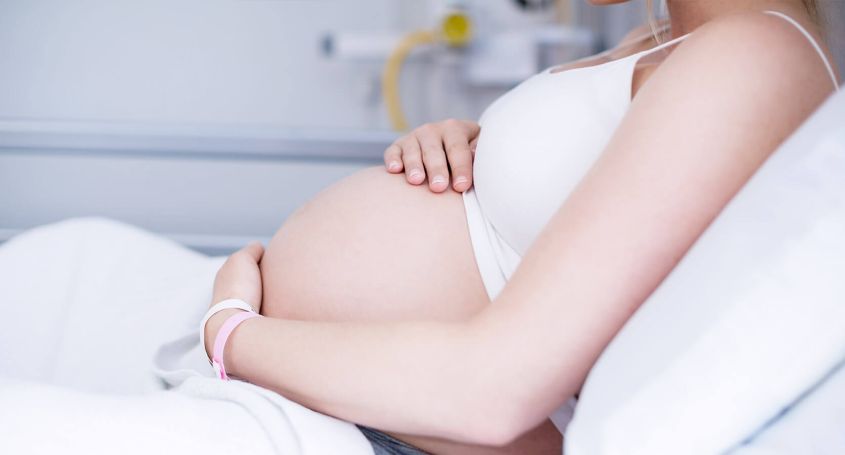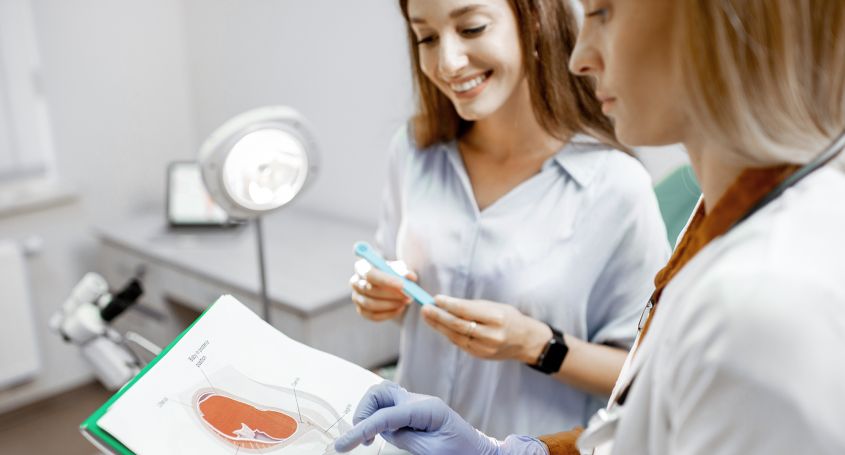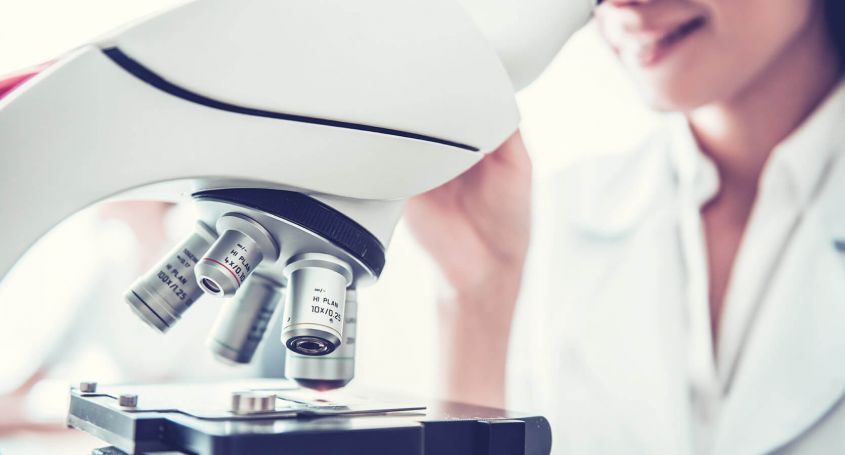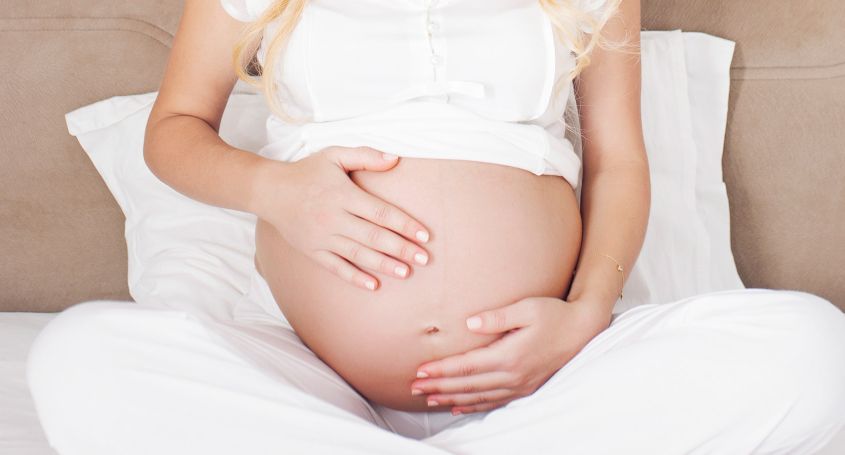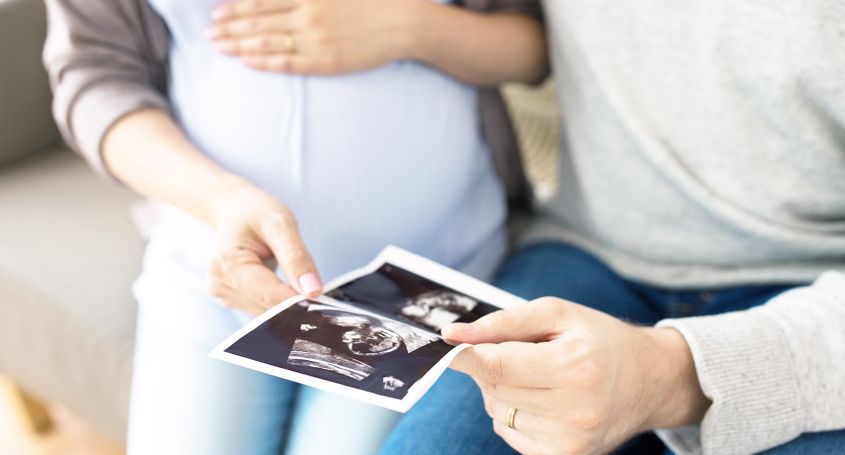20 / 10 / 2014
The menstrual cycle usually lasts between 26 and 30 days and consists of two phases. The follicular phase starts when the period comes and lasts until next ovulation, while the luteal phase lasts from ovulation until there is a pregnancy or until next menstruation starts again.
Fertile days of women: two phases
The woman is only fertile during ovulation. To calculate the fertile days we need to know that the follicular phase can vary in length while the luteal one is usually fixed, lasting between 12 and 14 days. So for cycles between 26 and 30 days, fertile days normally range between day 12 and 16 of the cycle (always counting the first day of menstruation as day 1 of the cycle).
Chances of pregnancy
However it is not advisable to maintain relationships during those 5 days in a row because it could happen that the semen loses quality by not having time to recover. That way, if the woman ovulates on day 16, the sperm might not have the quality to fertilize it. Therefore, to maximize the chances of pregnancy we must take into account:
• The egg has 24 hours to be fertilized.
• A good spermatozoid must live between 2 and 5 days.
• A normal sperm can be recovered in 24 hours.
Effective sexual relationships
With all this information how do I have sexual relationships effectively?
By maintaining relations on the days 12, 14 and 16 of the cycle. In this way we give 24 hours for sperm to recover, while if you ovulate on the days 11, 13, 15 or 17 it is possible that sperm reaches the egg when it still may be fertilized (if you ovulate on day 11, the fastest spermatozoids of the ejaculation of the 12th day could reach the egg; and if you ovulate on the 17th the egg might be reached by the ones of the relationships of day 16).
Fertile days according to the cycle
It should be noted that these days can change depending on the cycle, if it is longer or shorter. If the cycle is 24-25 days it is best to advance relations on 11, 13 and 15 of the cycle, and if the cycle lasts 30 or more days, you have to delay it to the days 13, 15 and 17 to increase the possibilities of sex during ovulation.
Probabilities of pregnancy
That said it is important to know that if the instructions are followed the chances of pregnancy are between 30 to 35% per month if there is no problem.
